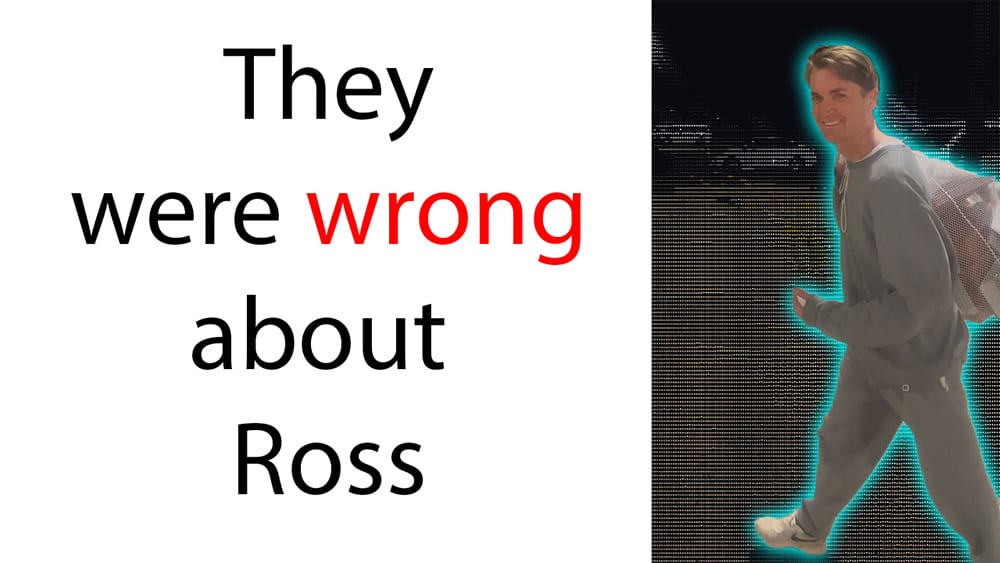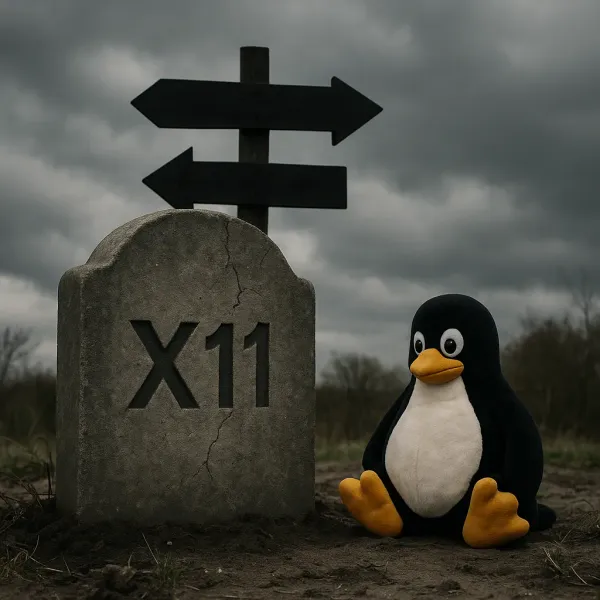They were wrong about Ross (Ulbricht)
To this day a ton of people still think Ross Ulbricht tried to get people killed, and that he was offered a plea deal. Here is the true story of why that's just not true.

Ross Ulbricht, creator of the Silk Road, remains a controversial figure, emblematic of systemic flaws in the federal justice system. Silk Road, one of the first darknet markets to adopt cryptocurrency, was founded as an experiment in economic freedom and privacy. While it became synonymous with illegal trade, Ulbricht’s intentions have often been misrepresented, with federal prosecutors and the media crafting a narrative that portrayed him as a dangerous criminal kingpin.
The most damning accusations against Ross—such as allegations of murder-for-hire—were never proven in court but were introduced during sentencing as uncharged conduct, bypassing constitutional safeguards. This tactic enabled prosecutors to amplify the emotional weight of the case, securing a life sentence without parole for a nonviolent crime. Digital evidence, including manipulated chat logs, and testimony from unreliable sources only deepened the controversy surrounding his trial.
Ulbricht’s case also shines a light on broader systemic issues: judicial overreach, sentencing disparities, and a justice system designed to coerce plea deals through fear of extreme penalties. These practices often punish defendants disproportionately, ensuring prosecutors maintain high conviction rates at the expense of fairness. In Ross’s case, the media amplified unsubstantiated claims, further vilifying him in the court of public opinion and ignoring critical flaws in the prosecution’s narrative.
Supporters argue that Ulbricht’s punishment is not only unjust but also a warning about unchecked federal power. His vision, rooted in voluntarism and agorism, emphasized the importance of individual liberty and consensual interactions, principles undermined by the state’s heavy-handed response. The Silk Road’s closure and Ross’s life sentence did not stop the emergence of darknet markets, proving the futility of using draconian sentences as deterrence.
Ross Ulbricht’s case is more than a cautionary tale—it’s a wake-up call exposing corruption, coercion, and systemic abuse within the federal justice system. It demands a reevaluation of the principles of justice and fairness in an era where the line between law enforcement and authoritarian control grows increasingly blurred.




